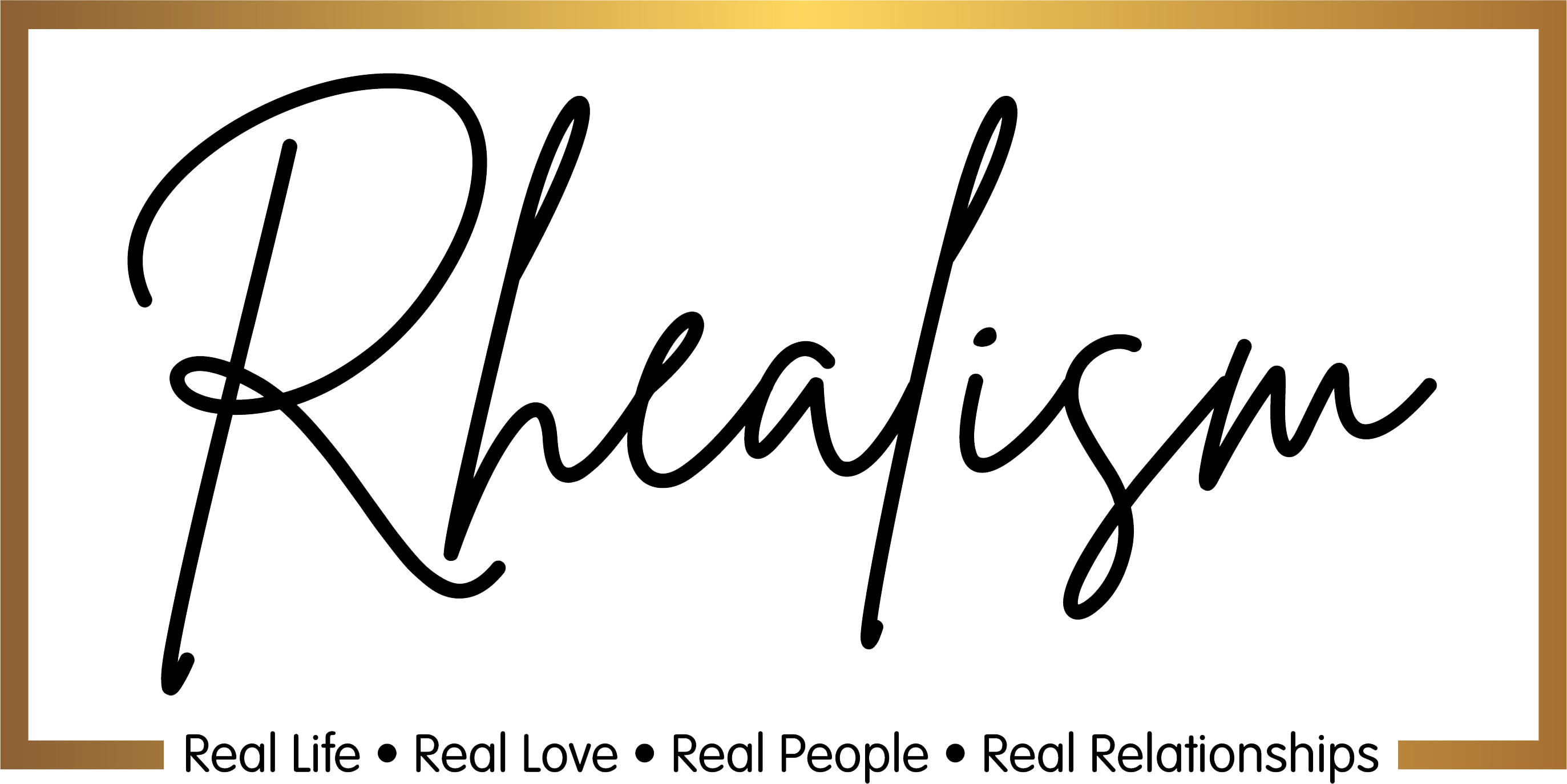“but in addition [the organization] could talk about, ‘he will shell out much more’ or ‘he may have a ton of cash but he is a cheapskate, this individual is not going to spend they’.”
Amount discrimination… may allow firms, specially monopolies, taking a lot of advantage that would otherwise use customers
ACCC in the ultimate state of their digital applications request
One population group might “talk about quality alcohol and more consider low priced goon, though they provide funds – if [companies] understand that, they might decide how to expense things [based with that information],” according to him.
The ACCC addresses this issue within the state. “Some buyers may earn from more and more customized evaluation – one example is, users with minimal ability to shell out can be supplied less costs for production they usually could hardly pay for,” the charge produces.
“However, a lot of consumers are apt to pay much more, specifically in situation just where clientele don’t have a lot of chosen who to purchase from, or has a minimal inclination to buy around.”
“rates discrimination… may let corporations, specifically monopolies, taking a lot of perks that could or else drop by owners through these greater pricing”, the ACCC claims.
The fact for transparency
On the average, Tinder Plus is over two times the price for everyone over 30 over those under 30.
With no knowledge of the total list of facets that affect the prices folks collect for Tinder positive, we are unable to judge whether or not the the application of such issue is actually reasonable as well as correct.
Harpur thinks there must be enhanced openness around exactly how businesses, like Tinder, are using facts and algorithms setting rates, to make certain these software aren’t creating unsafe inequalities in our society.
“When we are clueless what is occurring and now we aren’t confident how these diversities tend to be brought on – because it’s an inequality, as soon as a single person’s spending well over another – consequently we’re not able to analyze whether or not the difference needs to be an issue,” he says.
Once we never posses every person to affordable requirement around openness and ethics, an insurance coverage corporation, hypothetically, was absolve to utilize sleeping data out of your workout system while the sad audio you’ve been taking note of about Spotify as a base for charging you a person higher to obtain psychological state cover.
Additionally, it is imaginable that a dating website might you will need to shake extra money yourself after you’ve read certain information about handling loneliness. Or that an online dating application might modify their pricing while using clients they would like draw in, leaving undesirable consumers cost out or inadvertently paying additional – although that condition isn’t going to quite wanted imagining.
Breaching market guidelines?
We have now earned an official gripe for the ACCC requesting the regulator to look into Tinder for possible breaches associated with the Australian buyer regulation (ACL).
It is because Tinder does not explain which utilizes folk’s reports to get individualized price. The near factor to a trial we all receive was big inside the wells on the privacy policy on the web site, in a different backlink to an FAQ page on profiling and automatic decision-making escort service Bridgeport at Tinder.
At the end of this webpage is this sentence: “you also use information on you to definitely offer offers and discounts customized to your account.” In our gripe, all of us contended that the majority of customers couldn’t understand this to mean that Tinder uses their critical information to create individualized prices.
We all blogged the diminished visibility around just how Tinder uses people’s reports to discover rates is inaccurate and deceitful behavior by skip and a the application of unethical agreement phrases beneath the ACL.

Leave A Comment